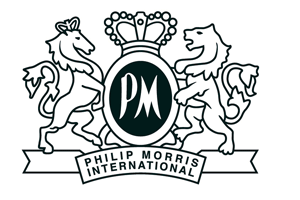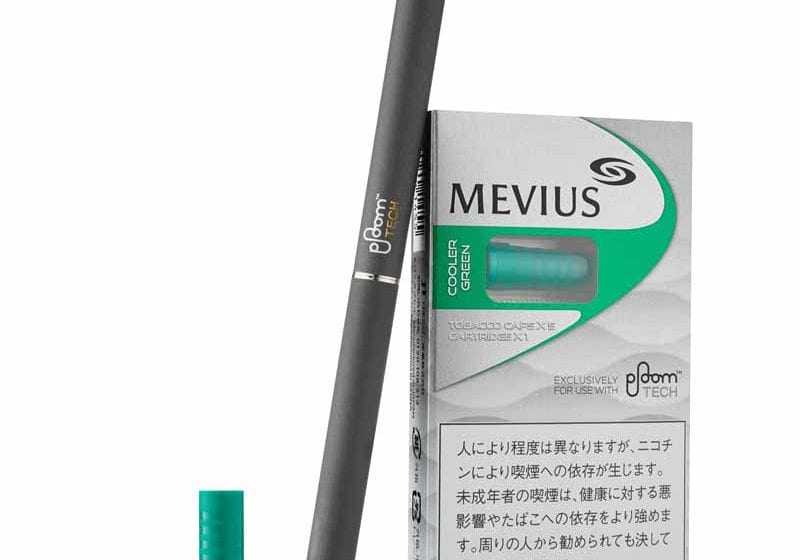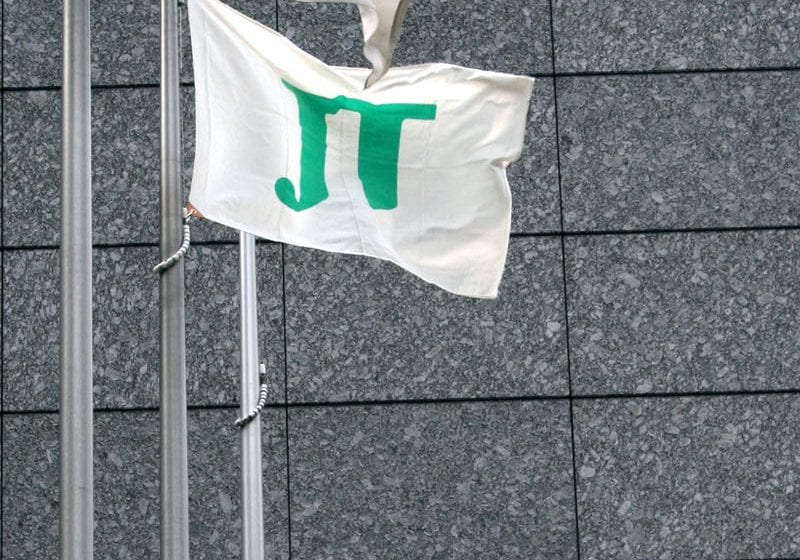Philip Morris International today was again recognized as a global leader for environmental action in the annual CDP rankings, according to a note posted on the company’s website.
‘For the fourth year in a row, PMI is on the CDP Climate A List for taking comprehensive action on climate change and for its transparent disclosure process,’ the note said.
‘In addition, PMI achieved A List status for CDP Water, recognizing the company’s water stewardship initiatives.
‘PMI is one of only 25 companies that scored an A for both climate and water, placing the company in the top one percent of corporations known as the “A Listers” for both schemes.’
CDP, formerly known as the Carbon Disclosure Project, is said to be the leading international not-for-profit organization independently assessing the environmental efforts of thousands of companies worldwide against its scoring methodology.
More than 3,000 major companies submitted information for independent assessment for 2016.
CDP’s A List recognizes companies around the world, spanning different industries, for leadership in their actions to address environmental risk during the past reporting year.
Its environmental benchmark reports are produced at the request of 827 investors with assets of US$100 trillion.
“Climate change and clean water shortage are among the biggest challenges facing humanity today,” said PMI’s CEO André Calantzopoulos.
“I am proud that PMI is one of only 25 companies that achieved double ‘A List’ status for both climate and water in CDP’s rankings, and moving forward, even more global action is needed and must be encouraged to collectively address these environmental priorities.”
PMI said in its note that it had made a number of environmental improvements and introduced new initiatives in 2016, including:
- An absolute carbon emissions reduction of more than four percent compared to that of 2015, resulting in a saving of about 250,000 tons of CO2 per year versus that of 2010, due to environmental improvements in its operations;
- The adoption of science-based targets to achieve a 40 percent reduction in its carbon footprint across its entire value chain by 2030 and a 60 percent reduction by 2040;
- The introduction of an internal price on carbon to help the company rank and prioritize its carbon-reduction projects to meet its targets, such as plans to have 80 percent of the electricity used in its factories coming from renewable sources by 2030; and
- A company-wide water footprint analysis, risk assessment, and set of initiatives throughout the company’s entire value chain enabling it to make step changes in water stewardship.






